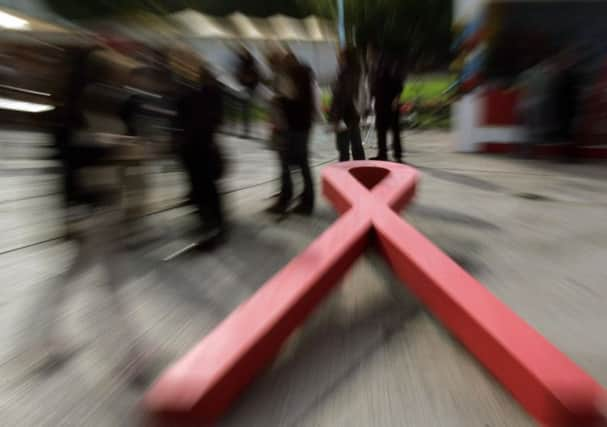Greece: Austerity fuels public health fears


Since the economic crisis hit in 2009, the government’s health spending has been slashed and hundreds of thousands of people have been left without health insurance.
As cuts have been made to Aids prevention programmes, rates of HIV and tuberculosis in drug users have spiked. Studies found suicides in Greece have increased by about 45 per cent between 2007 and 2011.
Advertisement
Hide AdAdvertisement
Hide AdThe new research found the prevalence of major depression more than doubled from 2008 to 2011, citing economic hardship as a major factor.
Suicides and mental health problems tend to be underreported, so “this is probably just the tip of the iceberg,” said Alexander Kentikelenis of Cambridge University, the study’s lead author.
The study’s findings were based mainly on population surveys and statistics from the government and other sources, including the European Commission.
Mr Kentikelenis said it would take years to measure the consequences of people being without regular access to healthcare, particularly those with chronic conditions such as heart disease.
Mr Kentikelenis and colleagues also observed a 21 per cent rise in stillbirths, according to figures from the Greek National School of Public Health. “Some pregnant women no longer have access to healthcare, therefore the complications later on in their pregnancy can be more pronounced,” he said.
Mr Kentikelenis and colleagues also found infant deaths, which had previously been falling, jumped by more than 40 per cent between 2008 and 2010.
He said that was likely linked to babies not getting enough to eat and fewer medical check-ups.
The research was published online yesterday in The Lancet.
Greece’s economic fragility dates back to the 1990s. It had been living beyond its means for many years, but after it ditched the drachma for the euro in 2001, public spending soared.
Advertisement
Hide AdAdvertisement
Hide AdPublic sector wages rose 50 per cent between 1999 and 2007, far higher than in most other eurozone countries and huge debts were run up paying for the 2004 Athens Olympics.
Treasury income was hit by widespread tax evasion and its budget deficit to spiralled out of control. When the economic crisis hit and banks called in loans, Greece could not pay.
The European Union bailout totalling more than €100 billion (£82bn) was handed over on the condition Greece embark on a major austerity drive and public sector cutbacks.
The medical charity Doctors of the World has doubled the number of programmes it runs in Greece since the crisis began.
Though the charity started its operations in Greece mainly to treat vulnerable foreign populations like refugees, deputy director Nathalie Simonnot said it is increasingly treating ordinary Greek citizens with no other means of getting healthcare.
“We see people in conditions I’ve never seen in my life,” she said, referring to patients who have turned up at clinics with chunks of their flesh missing.
Ms Simonnot said she was not optimistic the Greek government would be able to reverse the situation anytime soon.